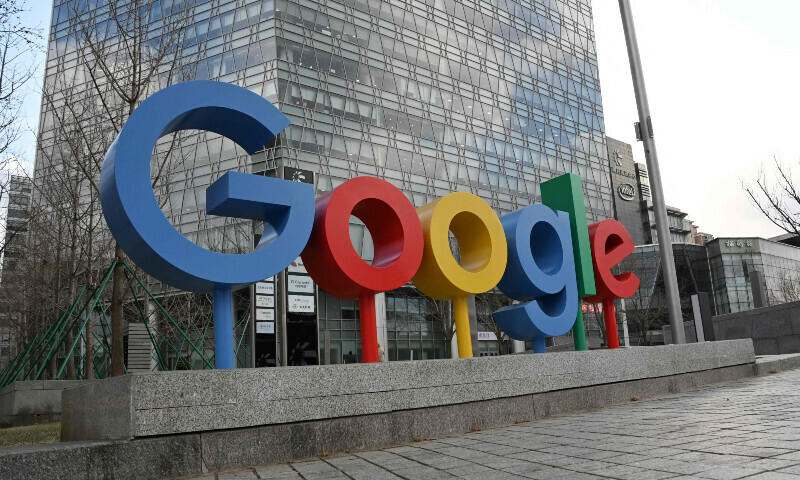WORLD NEWS

A U.S. district judge ruled on Thursday that the tech giant illegally dominates two markets in online advertising technology, specifically the publisher ad servers and ad exchanges markets. The ruling could pave the way for antitrust prosecutors to seek a breakup of Google’s advertising business.
District Judge Leonie Brinkema in Alexandria, Virginia found Google guilty of “wilfully acquiring and maintaining monopoly power” in the digital ad tech markets. The decision aligns with the Department of Justice (DOJ) and state antitrust authorities' efforts to challenge Google's dominance and ensure fair competition in these critical areas.
This ruling marks the second time a U.S. court has found Google to hold an illegal monopoly. Previously, a similar judgment was issued against Google for its dominance in the online search market.
Impact on Google’s Business
The court’s decision clears the way for another hearing to determine what steps Google must take to restore competition, which could include selling off portions of its ad business. A trial for this remedy is scheduled at a later date. The publisher ad servers are crucial platforms that help websites manage and store digital ad inventory, while ad exchanges connect buyers and sellers of online ad space. These tools are vital for news publishers and content creators to generate revenue.
Judge Brinkema noted that Google’s actions “deprived rivals of the ability to compete”, causing significant harm to its customers, competitors, and ultimately consumers of online content. She emphasized that the advertising funds generated through these platforms are the “lifeblood” of the internet.
Google’s Response
In response, Google stated it would appeal the ruling, with Lee-Anne Mulholland, VP of Regulatory Affairs, saying that the company “won half of this case” and disagreed with the ruling on its publisher tools. She claimed that “publishers have many options” and choose Google’s ad tech because of its simplicity, affordability, and effectiveness. Google’s shares dropped by approximately 1.6% after the ruling.
Despite the company’s statement, experts argue that the financial impact of this ruling on Google will likely be minimal, as the company remains a dominant player in online advertising.
The Broader Implications for Tech
The case is being closely watched by other tech giants. Michael Ashley Schulman, Chief Investment Officer at Running Point Capital, referred to the ruling as a “major inflection point” for Google and the broader tech sector. He warned that this could increase regulatory risk for major companies like Amazon and Meta, which operate similarly integrated business ecosystems.
The ruling highlights a growing willingness among U.S. courts to consider “aggressive structural remedies” in antitrust cases, potentially shaking up the status quo in the tech industry.
Ongoing Antitrust Cases Against Big Tech
The ruling is part of a larger wave of antitrust scrutiny on major tech companies. Meta Platforms (Facebook, WhatsApp, Instagram) is currently facing a separate trial over accusations of monopolizing social networking, and the DOJ has filed a lawsuit against Amazon for allegedly dominating the online retail market. Additionally, Apple is also facing legal challenges related to its smartphone monopoly.
These cases reflect bipartisan support for stronger antitrust enforcement, spanning both Republican and Democratic administrations.
Google is not just facing challenges from this ruling, but also from a separate trial next week in Washington, where the DOJ will push for a breakup of Google’s Chrome browser and changes to its online search dominance.
What’s Next for Google?
As Google confronts the possibility of having to sell parts of its business or make other substantial changes, its future in the online advertising and search markets is at a pivotal point. If the DOJ prevails in its request, Google could face profound changes in how it operates its ad and search businesses.




